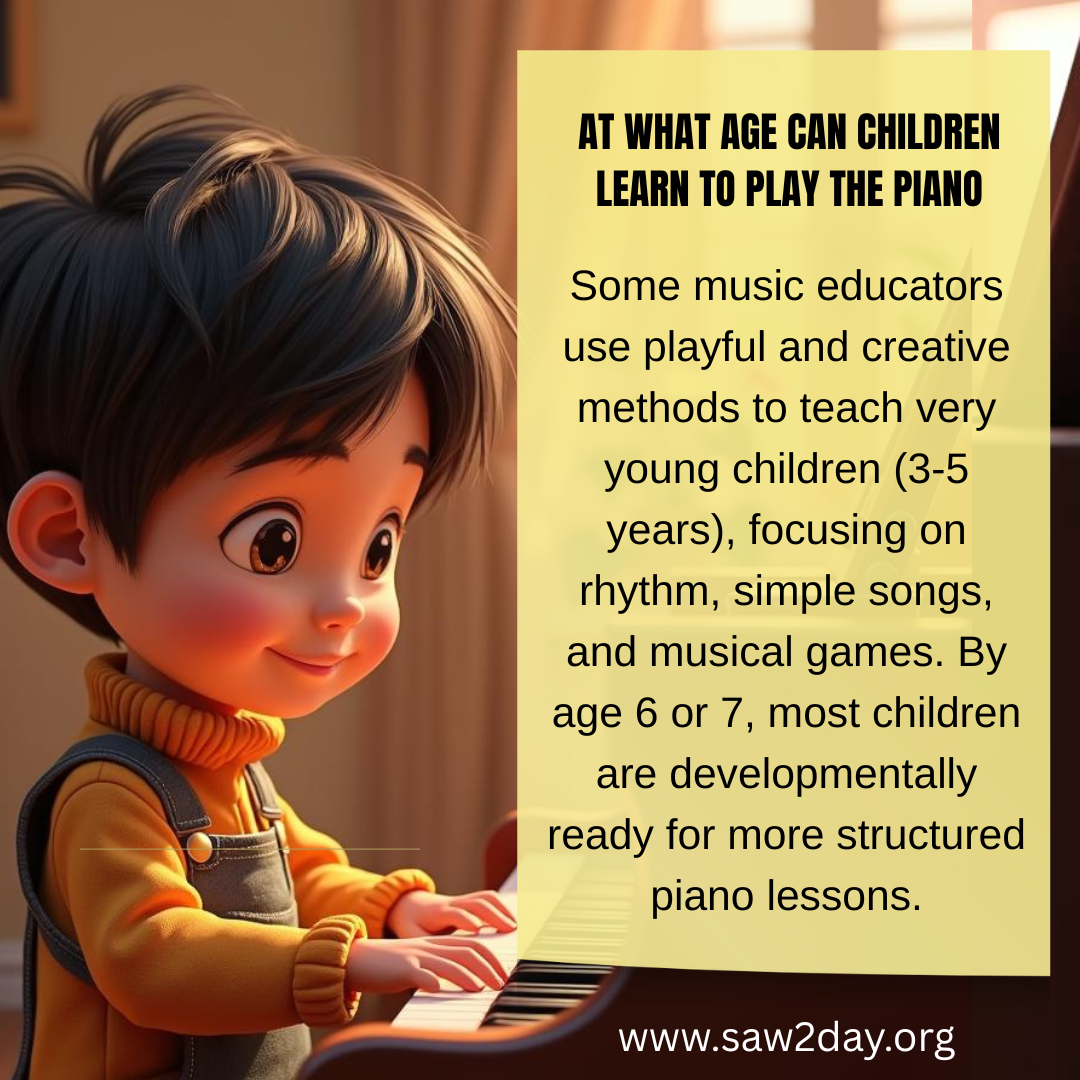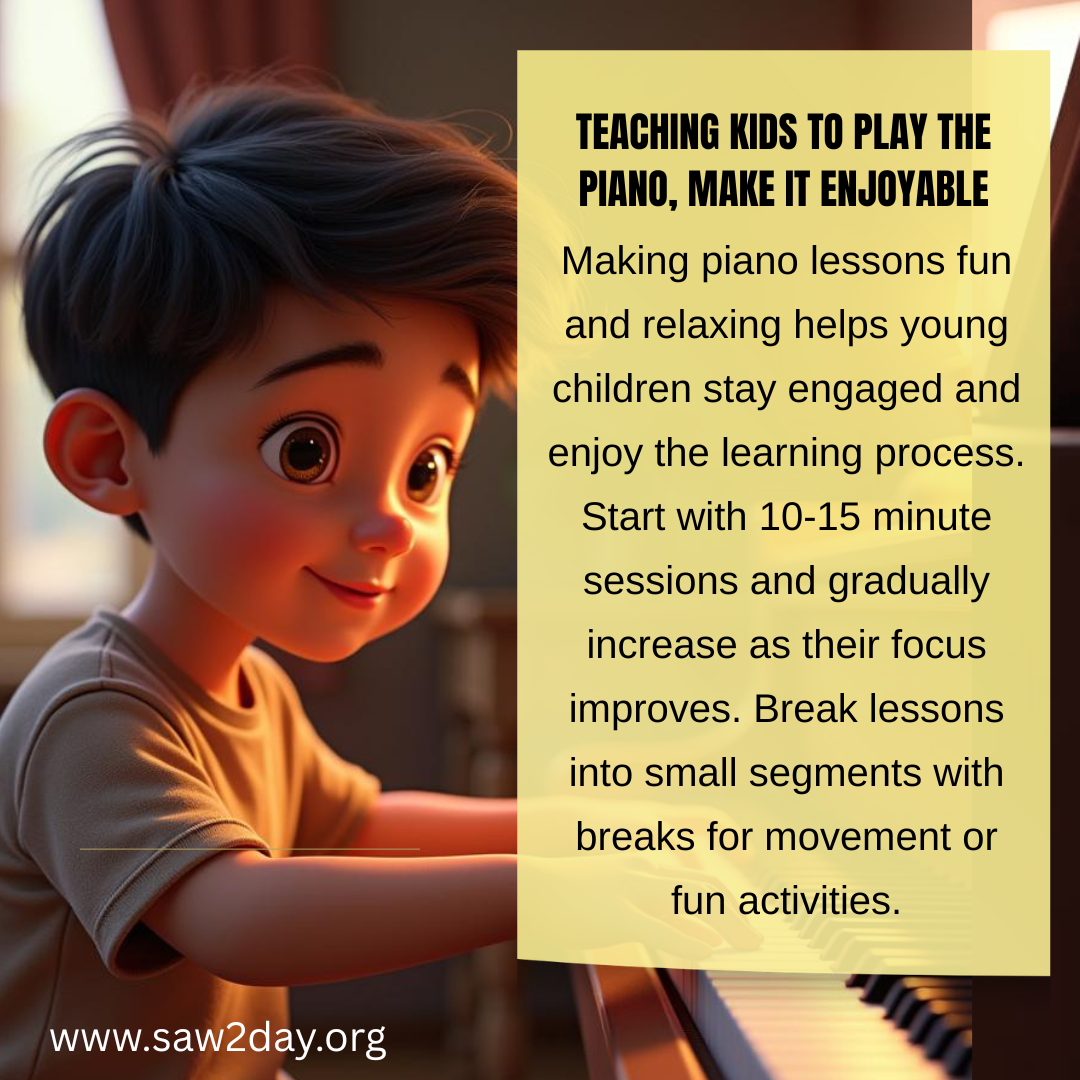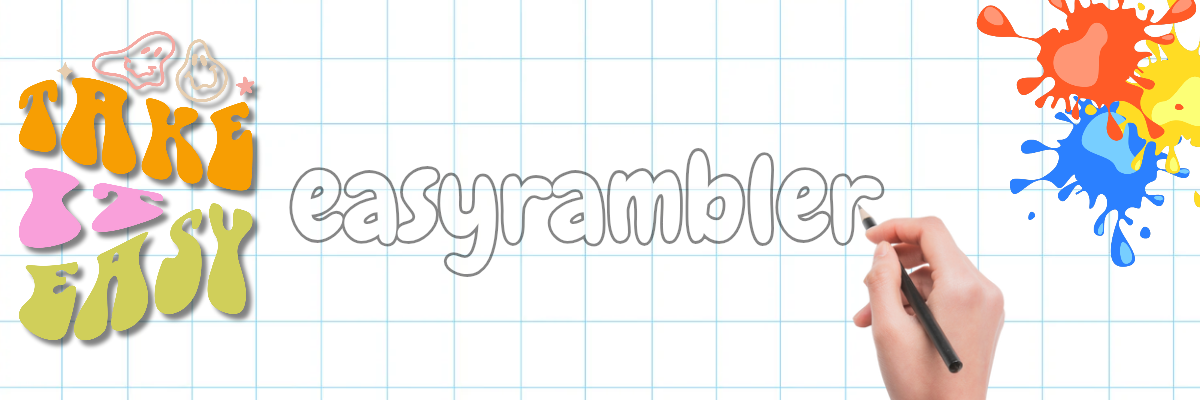Age For Children To Learn The Piano
Encouraging children to learn musical instruments, like the piano, can be a wonderful experience, but it definitely requires a balanced approach. Parents should be supportive and patient, recognizing that every child learns at their own pace. Music teachers play a crucial role, too—they should focus on nurturing a child’s interest while gradually building skills, rather than pushing too hard.
PIANO LEARNING AGE
If you plan to have your child learn to play the piano – at what age should you start? Children can start learning to play the piano as early as 3 to 5 years old, but it largely depends on their developmental readiness. We would suggest that you keep reading this report as, we have more details related to the age at which, children can learn to play the piano.
Here are some factors to consider, but as you go through this report or any report related to children and learning, never forget to keep your child’s specific capabilities and interests in mind:
Motor Skills: Young children need enough finger strength and coordination to press the keys properly.
Attention Span: They should be able to focus on short lessons (10-15 minutes at first).
Interest and Motivation: A child who shows curiosity about the piano or music will likely be more engaged.
Cognitive Readiness: Understanding basic counting and following instructions are important.


ROLE OF MUSIC TEACHERS
Teaching kids, whether it's piano or any other skill, requires a combination of tact, passion, and skill. Teachers need to be adaptable, finding ways to keep lessons engaging while also being patient and encouraging. It’s about creating a positive environment where children feel motivated to learn without feeling pressured.
Teachers should also take the responsibility to explain the realities to parents. Especially that children at some point, will follow their own passion and interests. Learning to play the piano might not be something that a child, wishes to do all through his young years and teen life.
Music educators often use playful and creative methods to teach very young children, focusing on rhythm, simple songs, and musical games. By age 6 or 7, most children are developmentally ready for more structured piano lessons.
Making piano lessons fun and relaxing helps young children stay engaged and enjoy the learning process. Here are some tips to achieve that:
Use Playful Methods:
Musical Games: Incorporate games like “Musical Chairs” or rhythm clapping to build a sense of timing. This approach is useful not just to teach the piano but, to get kids interested in almost any learning process.
Animal Imagery: Relate finger movements to animals (like "spider fingers" for finger independence). Rather than just focusing on piano keys and finger placement, children are taught to relate those finger movements to real-life objects or beings that, they naturally feel comfortable imitating.
Storytelling: Create stories around simple songs to make them memorable. Many nursery rhymes can be played on the piano with a few simple notes, the kid can relate the music being generated to a story that he or she is already familiar with.
Keep Lessons Short and Sweet:
When teaching a child how to learn the piano, start with 10 to 15 minute sessions and gradually increase as their focus improves. Professionally this would imply relating the length each session, to the average attention span of the child. One-on-one piano teaching sessions, would allow the teacher to cater to the specific pace and attention span of the kid.
Break lessons into small segments with breaks for movement or fun activities. This has a better impact than, getting into long piano lesson where, the interest level of children is likely progressively drop. Simple book reading sessions and drawing sketches, would be suitable – relating this to learning to play the piano, is likely to provide better results.
Choose Simple and Familiar Tunes:
Start with nursery rhymes or songs they already know, which boosts confidence. When teaching children to play the piano, incorporating music elements that sound familiar to the child – is likely to create interest in the kid.
Using simple, catchy melodies on the piano that they can master quickly, is also likely to increase their (time) attention span and make them curious to learn even more.
Positive Reinforcement:
Celebrate small achievements with stickers or praise, remember that the child would be taking small steps in the initial phase. Do not ignore every bit of progress made, as the piano learning classes move ahead.
Encourage children to show off their new piano playing skills to family members. Teachers can also discuss the importance of having parents appreciate and encourage, the efforts of kids in learning to play the piano.
Make Use of Visual Aids:
Color-coded stickers on piano keys or simple sheet music with visual cues can make it easier for the child to learn playing the piano. Bringing in an element of technology that, children like to use does help - use apps and digital games that teach notes and rhythm related to the piano in a playful way.
Encourage Creativity:
Allow them to explore sounds on the piano without worrying about mistakes. The teacher can include few minutes of ‘fun piano playing’ in between, the regular piano class.
After a few piano learning sessions have been completed, let children make up their own short tunes on the piano and share them proudly.
NOTES
Teaching a child to learn to play the piano or anything else, requires skills on the part of the child, the teacher and the parents. These skills are understandably different for each of them.
Each person involved in the learning process brings their own set of skills to the table:
- Child’s Skills: Curiosity, patience, and willingness to practice playing the piano. Developing finger coordination and a sense of rhythm is essential too.
- Teacher’s Skills: Patience, communication, the ability to break down concepts into simple steps, and the knack for making the piano learning class enjoyable.
- Parent’s Skills: Providing consistent encouragement, creating a supportive environment, and balancing expectations without putting undue pressure on the child. At the end of the day, mastering piano playing skills might not fit into the personality of every kid!
